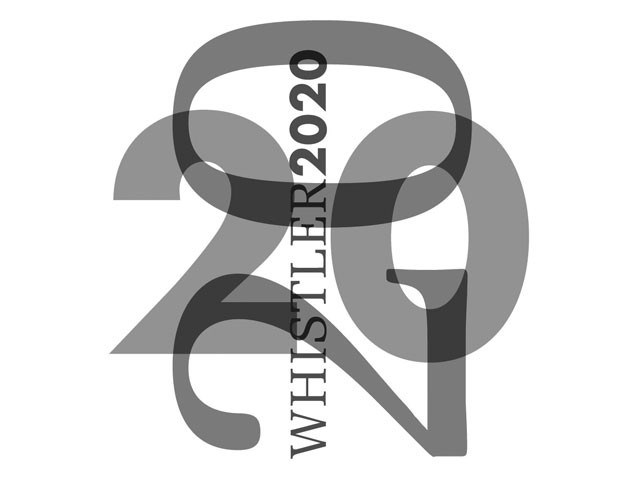RMOW Policy and Program Development
I’ll be honest. I do not own an iPod. I have three Mac computers, but no iPod. I do own a turntable and a couple hundred records, but no iPod. Apparently my tunes are not iTunes. They are heavy, non-portable, and the speakers would not fit in Godzilla’s ears, let alone mine.
Old-style, loud and proud, that’s me. Hardware deficiencies aside, I cannot stop thinking about the real value the new Whistler Village Podcast self-guided tour is going to add for visitors to our shining jewel of a town. A one-hour, downloadable audio tour of Whistler Village is now available on iTunes at www.whistler.ca and www.whistler2020.ca. Over the next couple weeks, podcast links will be added to www.tourismwhistler.com, www.whistler.com and www.whistler.ca.
According to Kevin McFarland, parks planner with the RMOW, the idea for the podcast was a results of actions recommended by the Whistler2020 Visitor Experience and Arts, Culture and Heritage community task forces to enhance wayfinding and storytelling in Whistler.
For those of us who live here the village is the heart of the valley, while for some guests, it can be a heart attack. Lacking a traditional grid design, the organic, twisting and turning pedestrian oriented experience, with signs pointing in seemingly every direction, can confound guests from near and far, he says.
“The big win is the podcast supports and reinforces the existing, amazing Village Host program,” McFarland says. “By having this self-guided tool available on the internet for free, we increase our commitment to accessibility, wayfinding and the general user-friendliness of our village.”
The podcast features three “introductory” chapters and 10 “location” chapters which take pod people from the Upper Village, across Fitzsimmons Creek, through Whistler Village and along the stroll to the Marketplace. The podcasts are narrated by veteran CBC host Shelagh Rogers and local bon vivant Dennis Marriott. A mix of social and geographic stories are all woven together in a rich aural tapestry.
It also features more practical information such as washroom locations and accessible infrastructure like wheelchair ramps and TTY (hard of hearing) phone sites.
Supported by a downloadable brochure and map, the podcast also speaks to the “independent traveler” says Cathie Coyle, coordinator of the Village Host program. These are the folks who will never ask for directions and show up in the resort with guidebooks and maps in hand.
“The podcast will enhance current wayfinding tools in the resort, as well as giving visitors the chance to interact and learn about Whistler in a more independent manner,” Coyle says.
The podcast brochure is available for pick up at Municipal Hall, Tourism Whistler and at all Village Host information kiosks. Although available in English-only at this time, plans are in the works to secure funding to have the podcast translated into French, Spanish and Japanese. As well, McFarland says, the future could see more podcasts on the virtual horizon with theme tours designed around accessibility, sustainability and other topics. Anyone with a podcast idea is invited to submit it to McFarland at Municipal Hall.
The 85 MB file will take up to 10 minutes to download, depending on the speed of your internet connection, but be patient because the product is worthwhile, McFarland says. As well, that giant yellow electronic information kiosk in Village Square beside the liquor store is going to be unveiled as the primary hub of Whistler information in the first week of February. With a large format map of the valley and village, coupled with a large video screen featuring local stories and information, the kiosk is another investment in making the village friendly to all users, locals and visitors alike.
“I will burn the podcast onto a CD if someone wants one available to play on their Discman, but I won’t do cassettes or eight-tracks,” McFarland says with a chuckle.
The podcast was produced locally in a studio at Millennium Place and is definitely a positive step forward in making the Whistler Village experience more accessible, enhanced and engaging for visitors. In time, as other theme tours are added to Whistler’s podcast portfolio, I’ll likely bite the virtual bullet and become one of the pod people.
To know more about other actions that are moving our community toward Whistler2020, to tell us how you’re contributing, or to find out how we’re performing visit www.whistler2020.ca .




